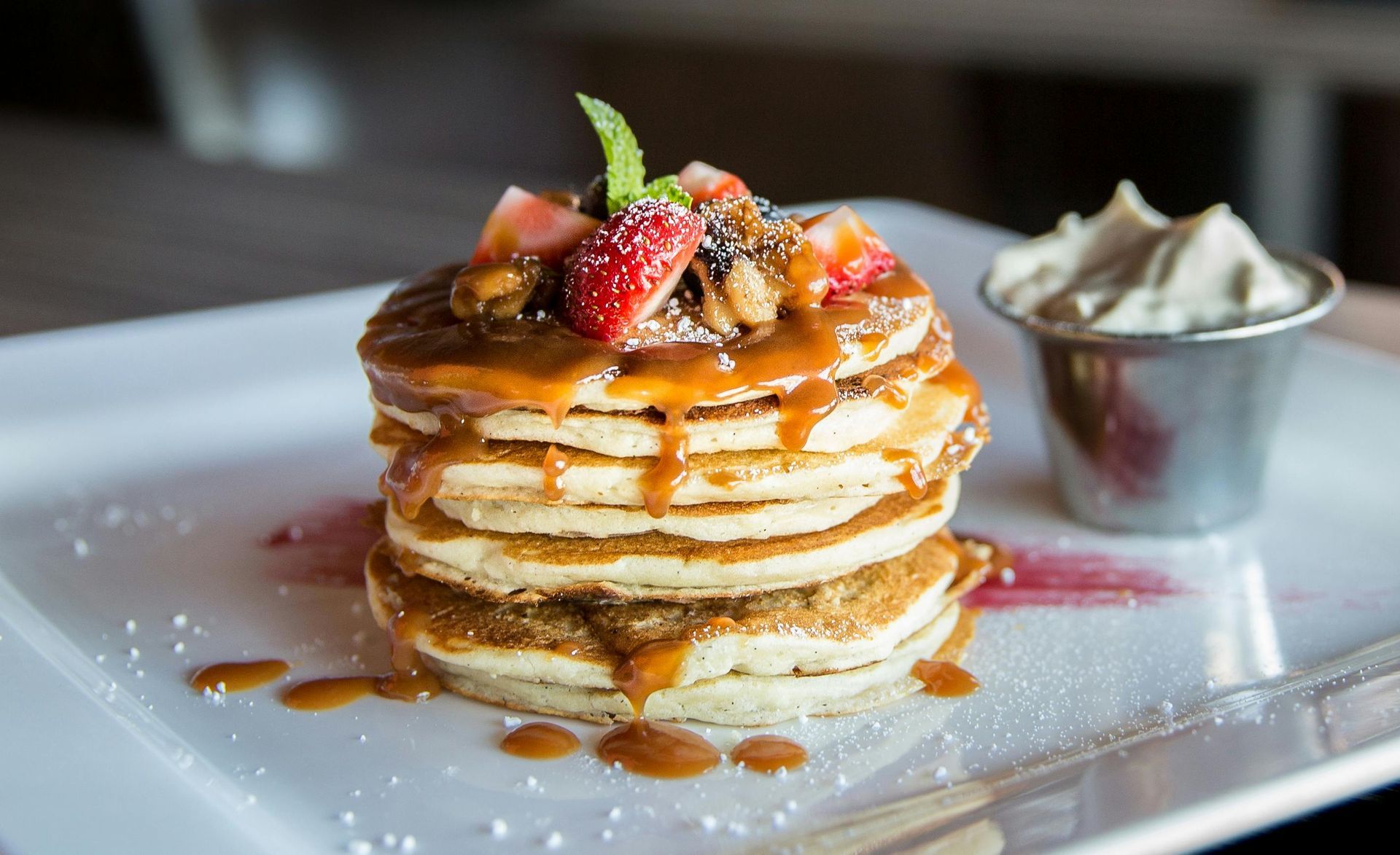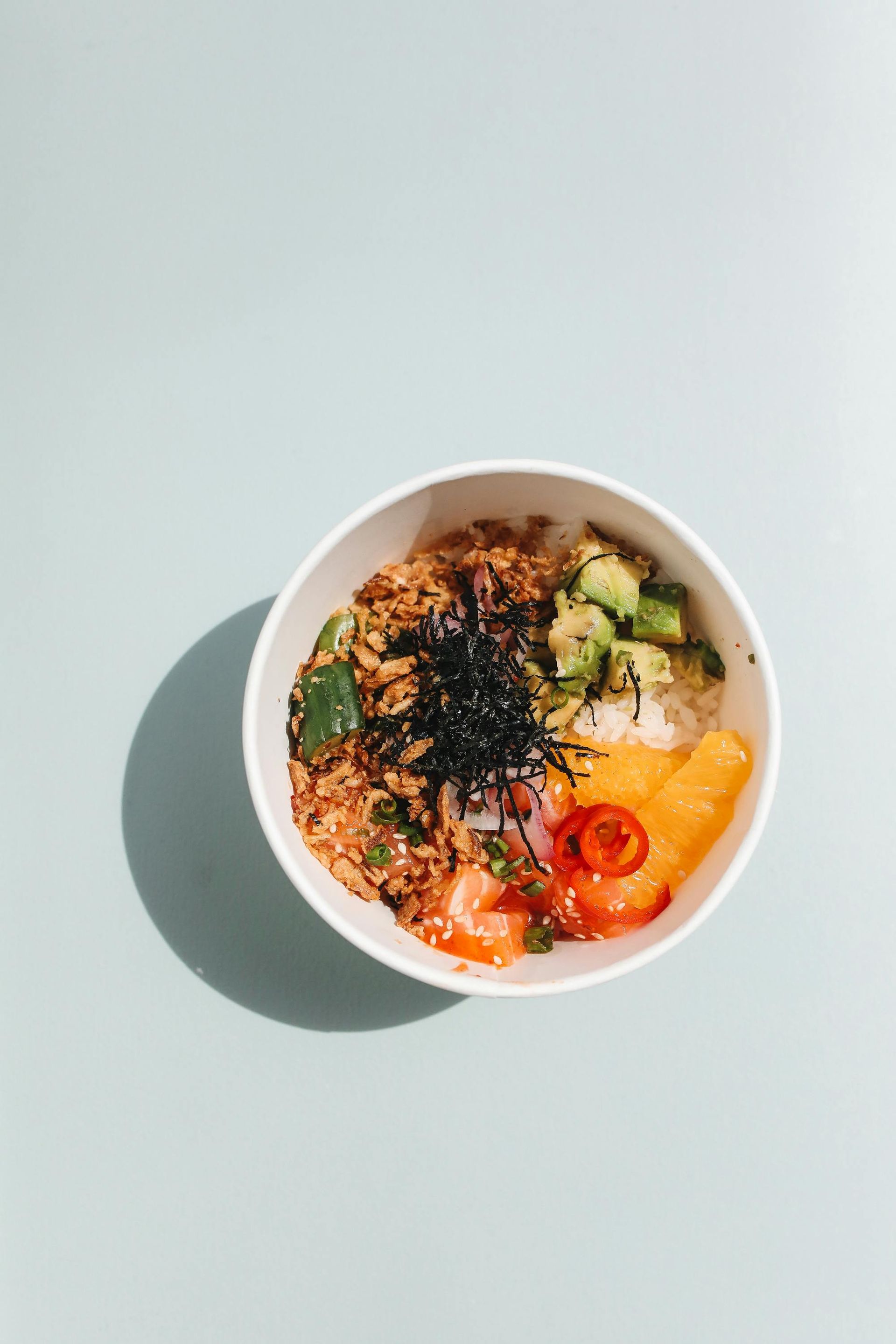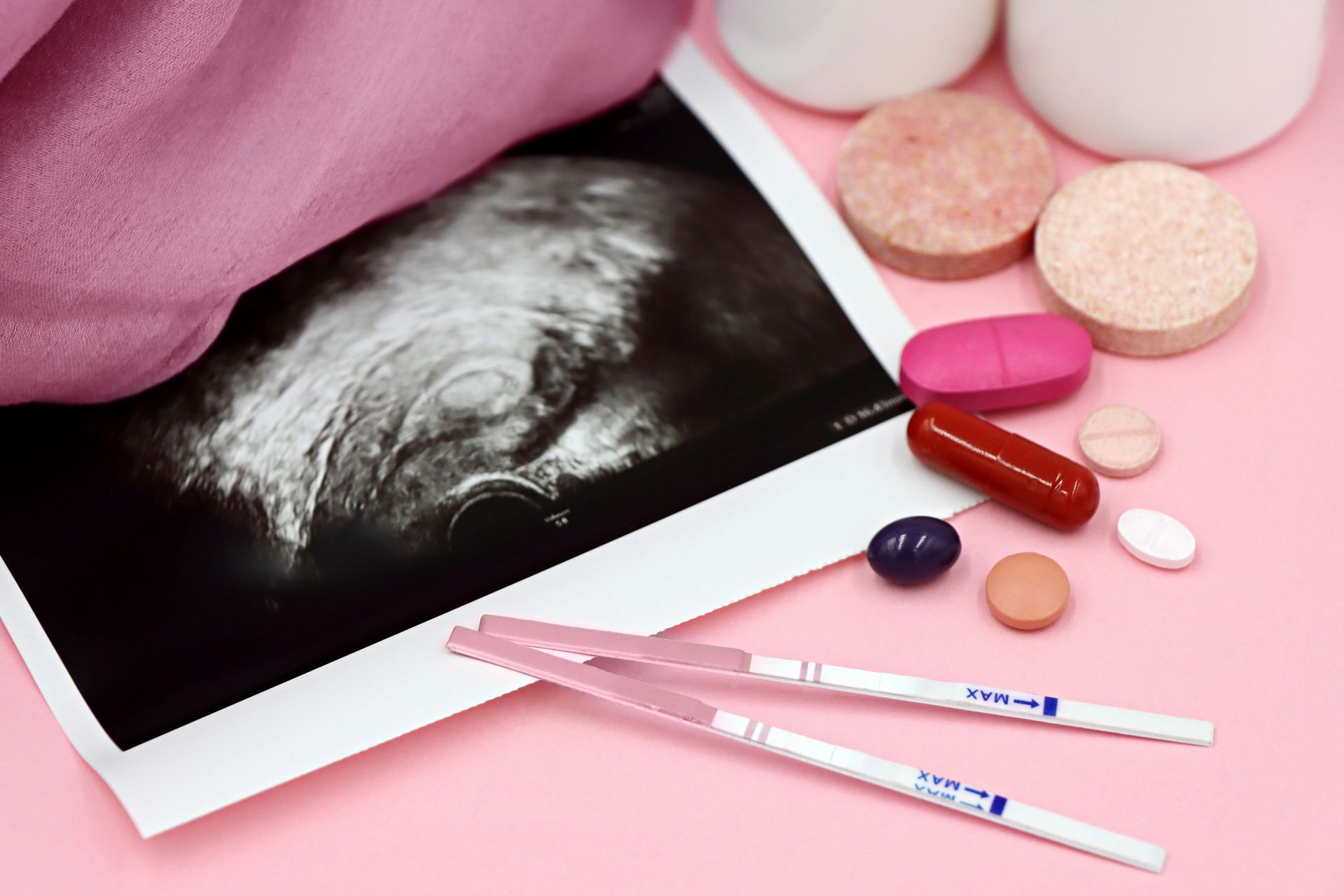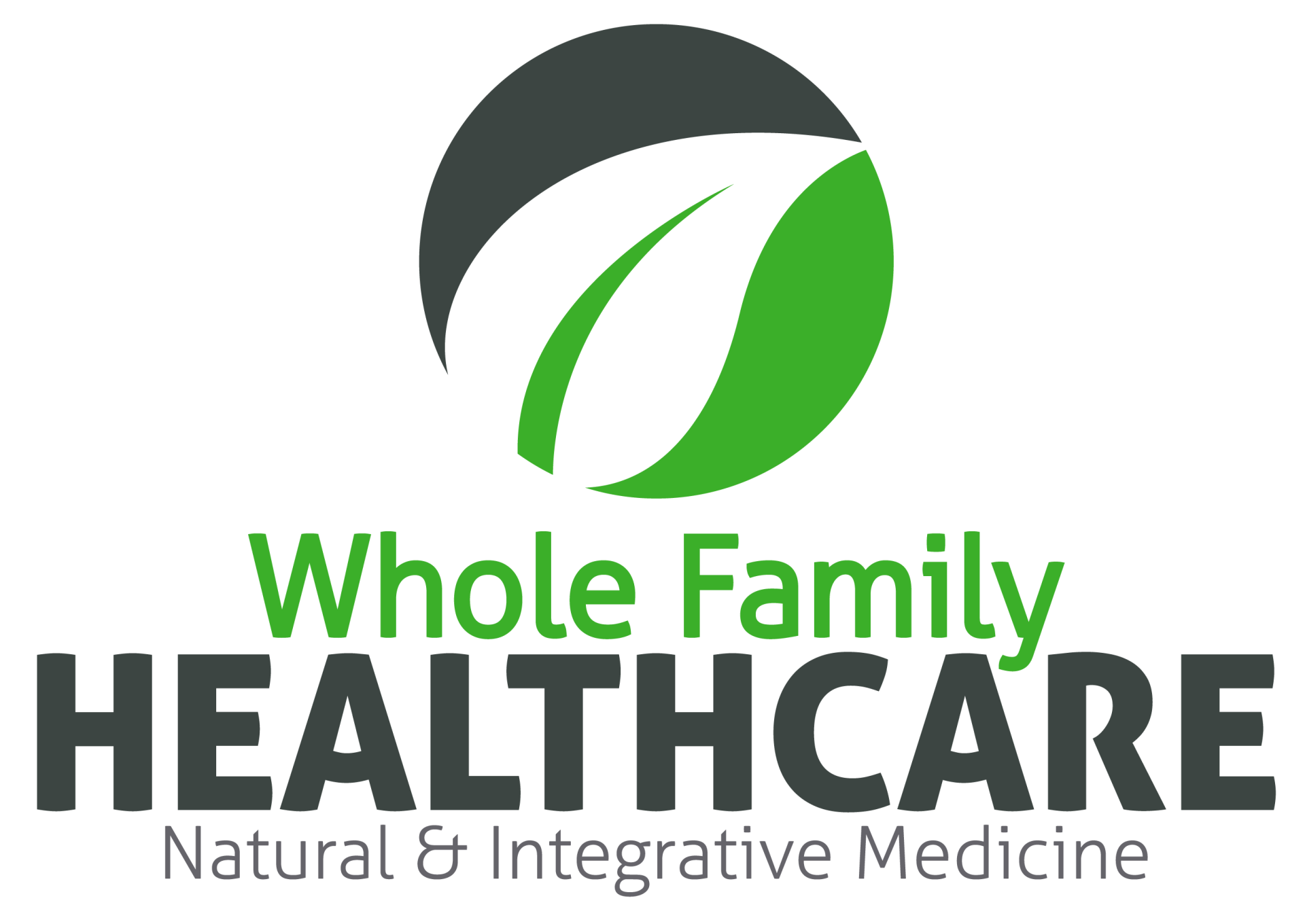
Bloating. Gas. Constipation. Stomach cramps. Diarrhea. If you're dealing with one or more of these symptoms, you've probably asked yourself at some point: “Are my digestive issues because of what I eat?” The short answer? Very possibly. But let’s unpack that a bit more—because digestion is a complex process, and the foods you eat are just one piece of the puzzle.
What Is Your Gut Trying to Tell You?
Your digestive system is like a communication network between your body and your brain. When something’s off, it speaks up—loudly. Here are a few common food-related triggers:
Food Intolerances -
You may be intolerant—not allergic—to certain foods. That means your body struggles to digest them, causing unpleasant symptoms.
Common culprits include:
- Lactose (found in dairy)
- Gluten (found in wheat, barley, rye)
- FODMAPs (a group of carbs that ferment in the gut)
Highly Processed Foods - Diets high in ultra-processed foods, added sugars, and artificial additives can disrupt your gut microbiome (the balance of good vs. bad bacteria in your intestines), leading to inflammation and poor digestion.
Too Much Fat or Sugar - Large, fatty meals or sugar overload can slow digestion, causing gas, bloating, and even diarrhea for some people.
Are You Eating the Right Way?
It’s not just what you eat, but how and when you eat that can affect digestion.
Eating Too Fast
When you eat quickly, you swallow more air and don’t chew your food well—both of which can lead to bloating and discomfort.
Irregular Meals
Skipping meals or eating large meals after long fasting periods can overwhelm your digestive system.
Not Enough Fiber or Water
A lack of fiber can slow digestion (constipation), while not enough water makes it worse. But too much fiber, too fast? That can also cause issues—especially if your body isn’t used to it.
Signs Your Diet Might Be the Problem
If you're not sure whether food is to blame for your digestive woes, ask yourself:
- Do my symptoms get worse after certain meals?
- Do I feel better when I eliminate certain foods?
- Are my issues worse when I eat out or eat processed foods?
- Do symptoms improve when I eat more whole foods?
Keeping a food and symptom journal for a few weeks can help you identify patterns.
Other Possible Causes (It’s Not Always Food)
While diet plays a major role in digestion, it’s not the only factor. Other causes include:
- Stress and anxiety (your gut and brain are closely connected)
- Medications (antibiotics, NSAIDs, etc.)
- Underlying conditions like IBS, IBD, or celiac disease
- Lack of sleep or exercise
So, while food might be part of the issue, it may not be the whole story.
What You Can Do Next
- Start a food diary. Track what you eat, when you eat, and any symptoms.
- Try a gentle elimination. Cut out suspected trigger foods one at a time—not all at once—and reintroduce them slowly.
- Eat mindfully. Slow down, chew thoroughly, and avoid distractions during meals.
- Hydrate! Water helps everything move smoothly.
- Consider seeing a professional. A registered dietitian or gastroenterologist can help rule out more serious issues.
Your gut is unique—and it’s always talking to you. Yes, what you eat can absolutely contribute to digestive issues. But figuring out which foods are the troublemakers requires some self-awareness, a little experimentation, and sometimes help from a pro. So, next time your stomach speaks up, listen closely. It might just be telling you it’s time to change what’s on your plate. You do not need to suffer anymore. Contact
Whole Family Healthcare at
407-644-2990 and set up your consultation today!












